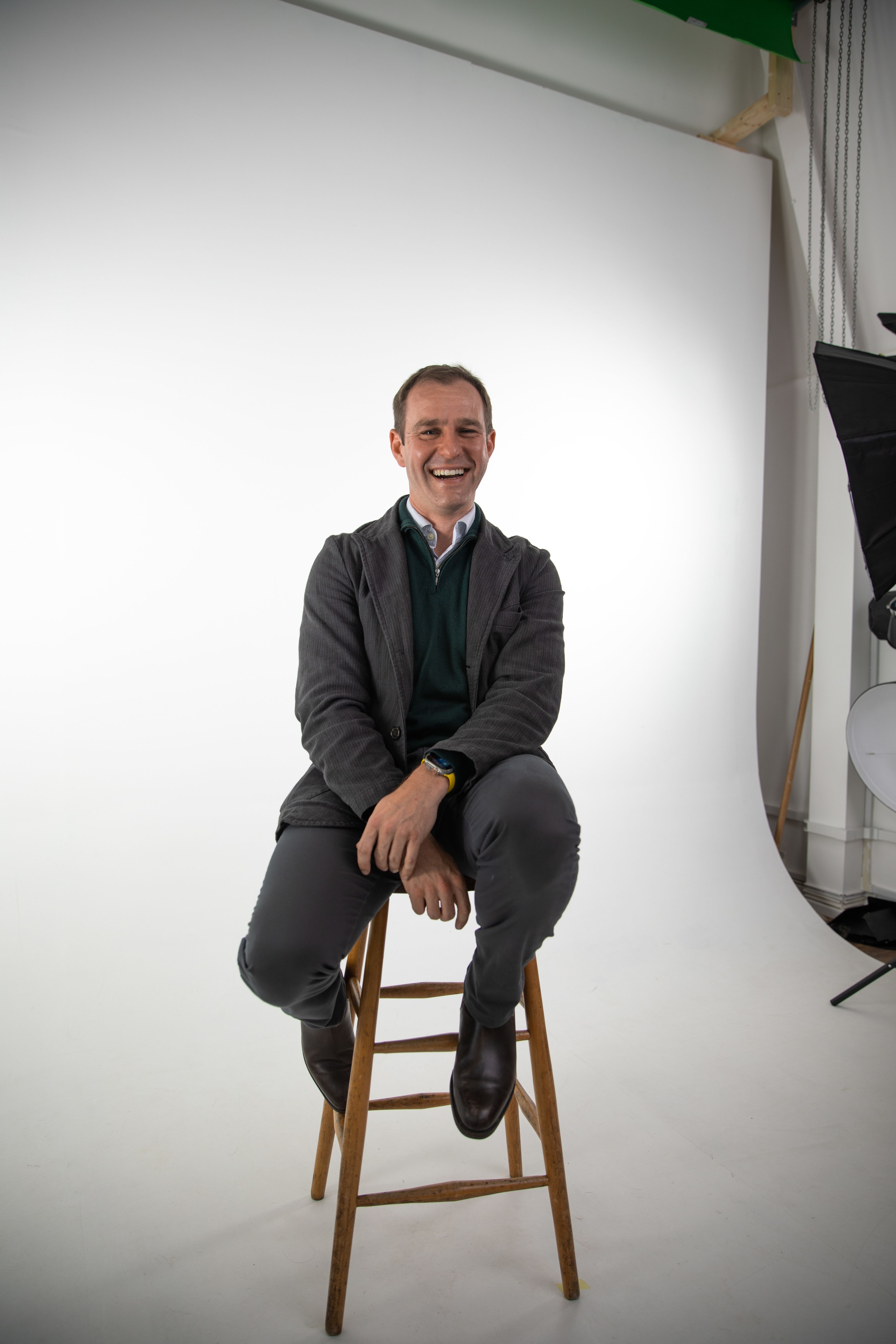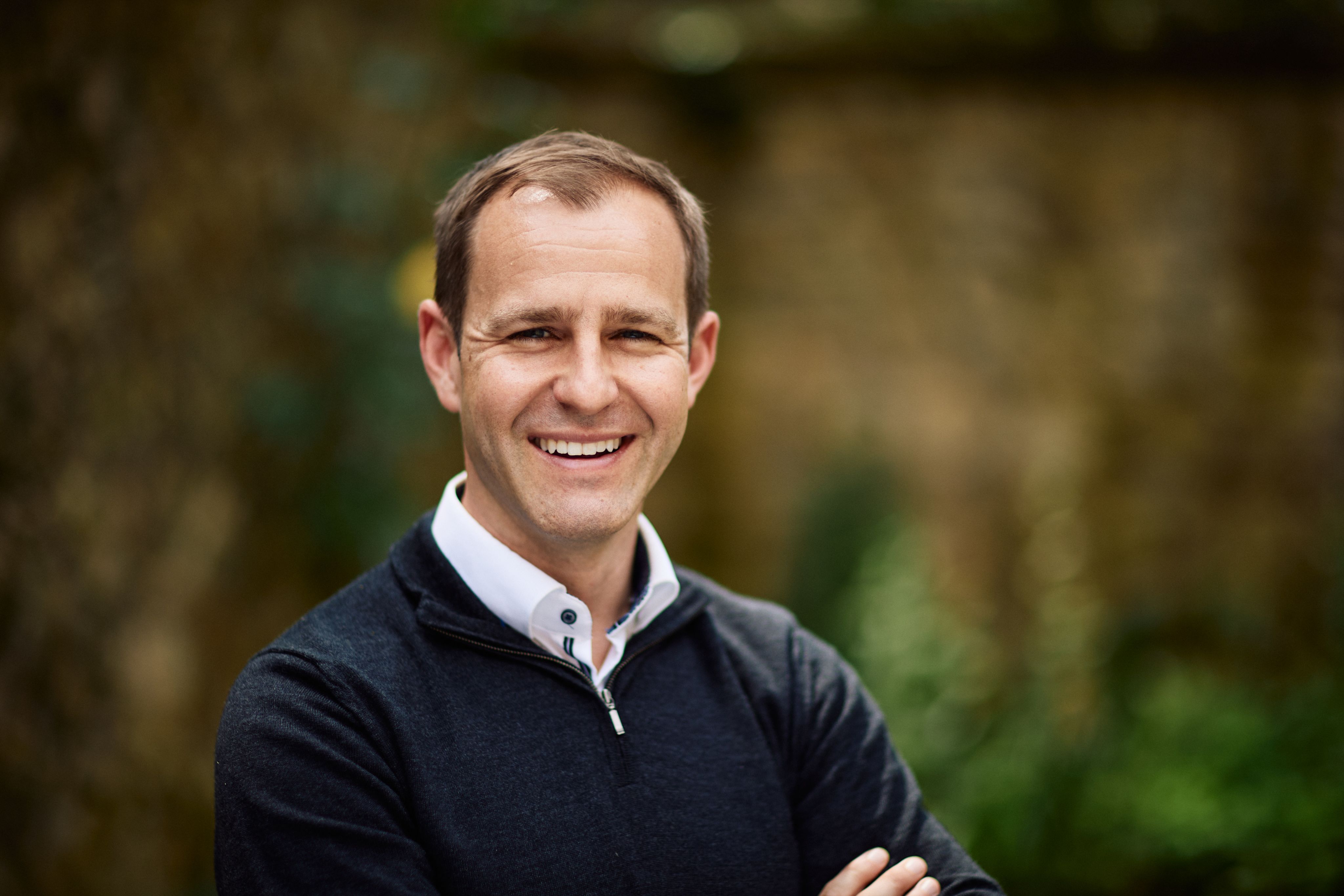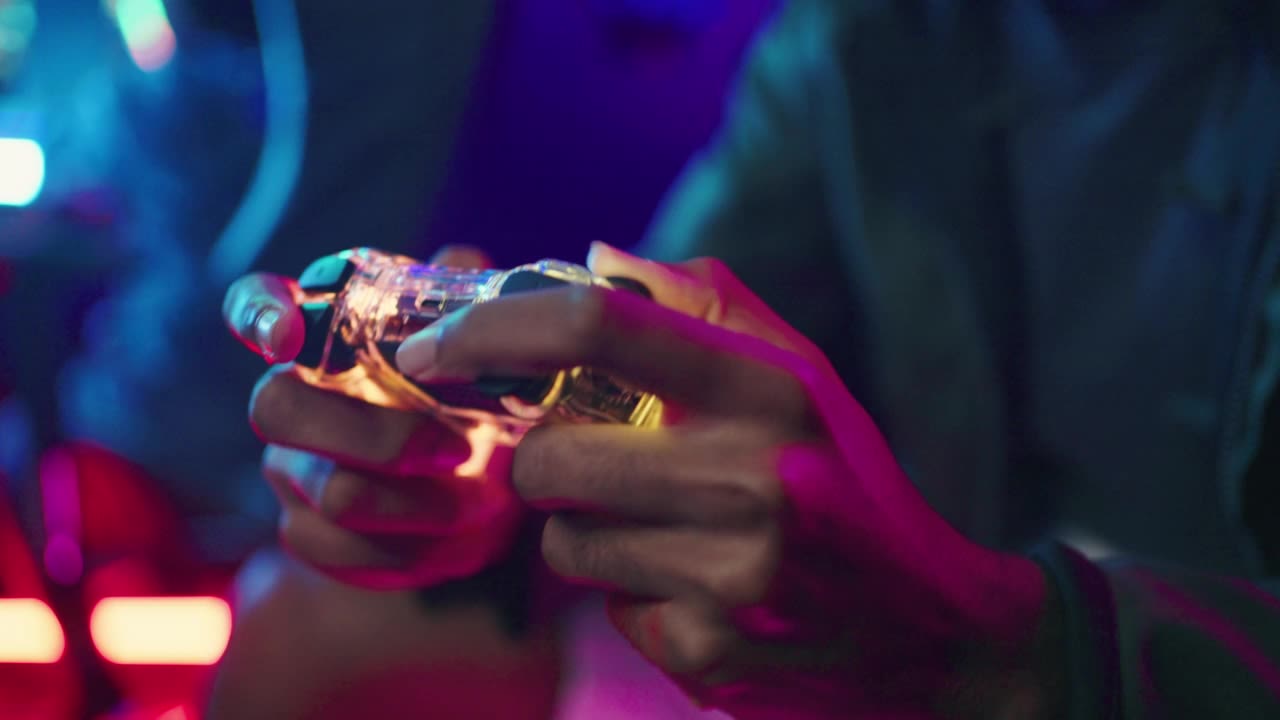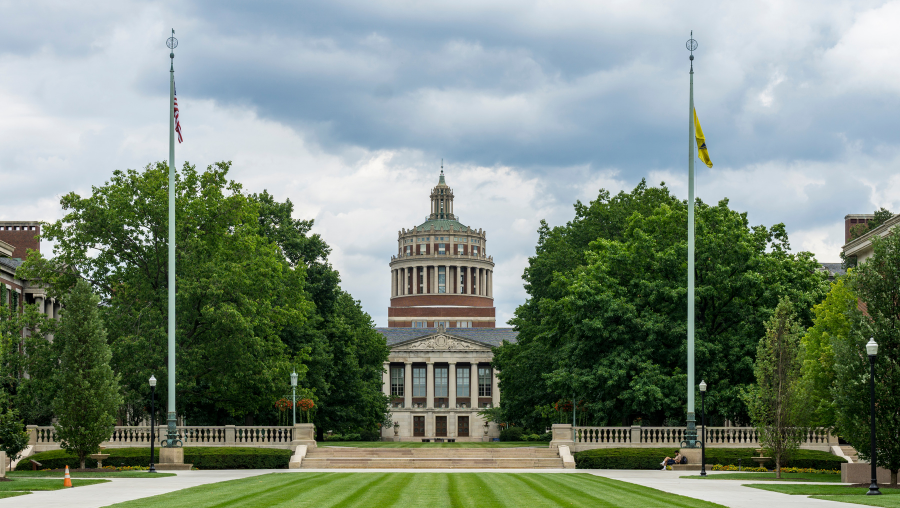Uncovering the impact of technology on mental health.
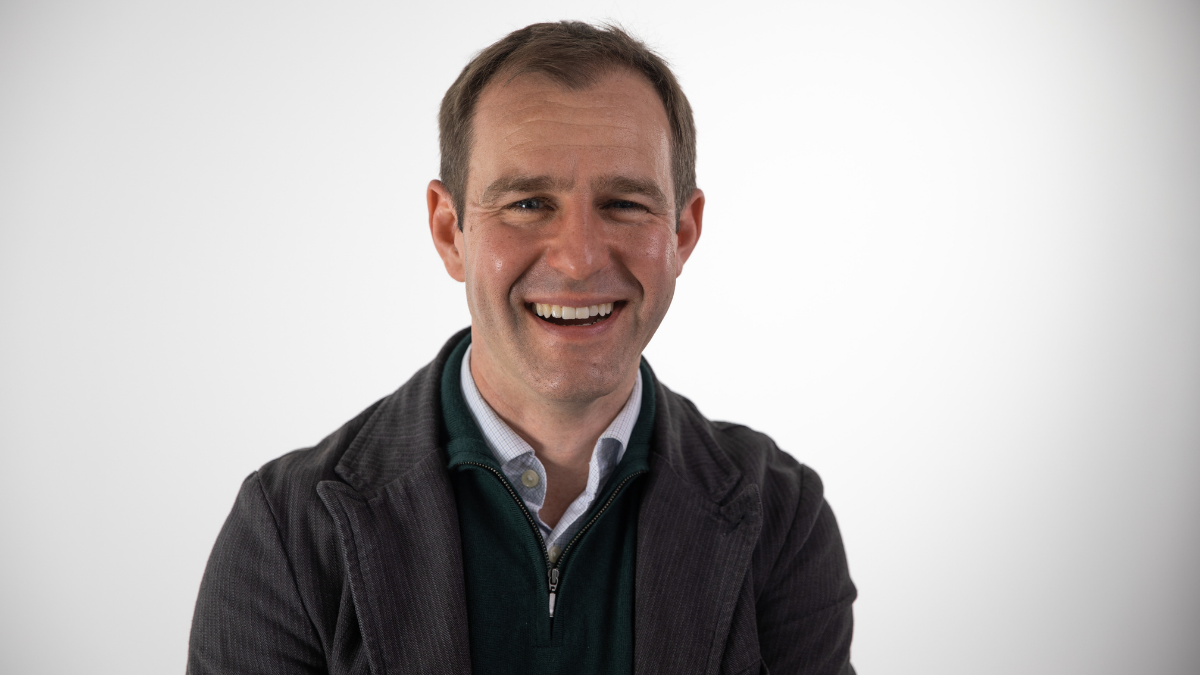
Native New Yorker Andy Przybylski was supposed to be a therapist.
Working in a wood-paneled office nestled in upstate New York woodland, a real-life Frasier, with a long list of clients who would come sit on his comfortable couch to connect over shared human experiences of life, love, and loss.
Instead, he is in a cluttered room overlooking the oldest museum in the UK. The furniture is functional not warm, there is more than a little a sense of the cupboard about his modest office.
He may not have the same dream, but Professor Przybylski looks very much at home – and he is making waves, on a much larger scale than he could have imagined.
Professor Andy Przybylski
Professor Andy Przybylski
It is possible to imagine the Oxford professor of Human Behaviour and Technology as a therapeutic-figure in cosy, inviting surroundings, carefully listening to clients’ problems and then, more than that, challenging their assumptions to help them grow.
He does not sit idle and perhaps for this reason, Professor Przybylski has emerged at the forefront of research to uncover the impact of technology on mental health: that is, social media, computer games and the internet.
He came at this from the perspective of a psychology student, interested to know why computer games were so engaging: what motivated people to play. It is a topic of almost constant discussion in the media, with everyone having a view and concerns.
But there is very little real research or academic understanding of the pull and impact of tech has on people and whether it is harmful, benign or both.
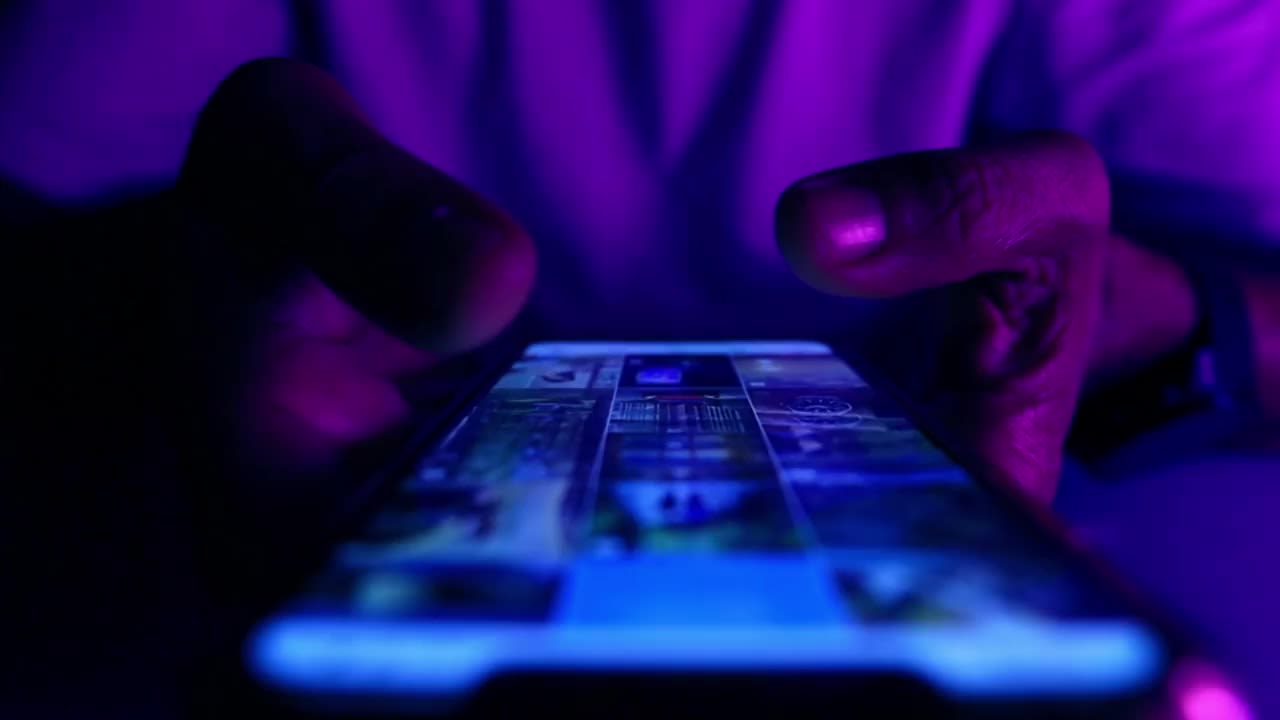
More than a decade after he switched direction to research, Professor Przybylski is concerned by the fact-free assumptions which dominate these discussions about online harms.
To some in the media, Professor Przybylski is the go-to contrarian, who will challenge popular notions of the negative impact of tech.
He has even been known to admit enjoying playing video games – and his recent research showed gaming did not have a negative effect on well-being for most gamers.
Professor Andy Przybylski on gaming and well-being
But it is a mistake to see him as a big tech apologist. Professor Przybylski just wants facts and will point out if assertions are unfounded. This message is not widely welcomed.
He has had harassment and death threats for his views and his research (which often fails to back-up assumptions).
He remembers receiving one particularly unpleasant call, after an appearance on BBC News, when he pointed out certain research - which claimed social media was a direct cause of suicide – was flawed.
He was yellow sticker-food shopping when a woman caller was put through to him. He recalls:
‘She was just screaming at me, saying I had an evil soul, (because he had said on air there was no evidence social media was behind all ills)’
He finished the family shopping and asked the OII’s receptionist in future to send feedback to email.
A week rarely passes without a story in the news or questions in Parliament about the negative impact of tech on the population, in general, and young people, in particular.
It is ‘known’ that gaming is turns young people into zombies, social media is pernicious and the internet is an open sewer.
The Online Safety Bill, currently going through Parliament, aims to stop all this. But Professor Przybylski demonstrates why he is not now a softly spoken therapist, as he vigorously tears apart the ‘known’ facts.
Professor Andy Przybylski on the online safety bill

He is outraged at the complete lack of evidence underpinning many common (and lazy) assumptions.
Though he is even more outraged that real potential harms, and bad behaviour by powerful tech companies, are going unchecked.
The lack of quality research is a warning signal, he says:
‘In the press, there is talk about tragic cases, a young person has lost her life. As a human being, as a parent, my heart breaks about it. But it underscores these massive gulfs between what scientific research can show and personal stories of tragedy and triumph’
The data exists, he maintains, ‘It could prove what is harmful – and what is not. Data holds the promise of truly making the online world safer.
But it is in the hands (or rather systems) of the tech companies which now dominate our lives. And they are remarkably reluctant to share it – fearing, perhaps, what it might prove.’
Major platforms have so much data about billions of individuals, he says, it would be an invaluable resource for researchers and, potentially, lead to amazing discoveries about our lives, motivations, vulnerabilities and abilities.
But right now, says Professor Przybylski, it is just being used to ‘sell us stuff’.
Professor Andy Przybylski
Professor Andy Przybylski
So, he says, we ricochet from one panic to another, warning about the impact of Pokémon Go or TikTok or Facebook or Instagram or Twitter – or violent games or pornography.
Soon we’ll be engulfed by a panic about generative AI, he says. And yet we do not have access to the data, which could prove what is good and what is not.
Speculating is not the answer, he insists.
‘Imagine, we have no idea about vitamins or nutrients. And there are companies making supplements and people are taking them. And some people get sick, so the government says, maybe you should only make purple pills now or blue pills, because blue pills are good.
‘All I’m trying to say is, what’s in the blue pills, what sort of pills are people taking, isn’t it weird we know nothing about the ingredients?’
It is frustrating, to know the information is there, but is just out of reach. He says, ‘It’s absolutely possible to do this research. Never in history has so much been known about so many people by so few. These are giant data machines, just used for advertising.’
‘They have the potential to help us learn about ourselves…we can learn about friendship, the different stages of our lives, we can learn about migration flows and conflict.’
With wonder, Professor Przybylski adds, ‘These companies are essentially underused gigantic scientific tools – they generate money, heat, waste – and they process the raw stuff of our lives.
They could be like the particle accelerator Cern (and provide real research impact)… but they use our data to sell us things.
Instead of the subatomic world we might glimpse love, loss, our common humanity through their lens... That data should be available for scientists all over the world to study collaboratively’.
With exasperated incredulity, he points out that outspoken talking heads propose easy sounding solutions to perceived problems of big tech. They use Substack instead of the scientific method.
‘They build an audience, confirm our biases and fears, but if something were actually dangerous, we would be in big trouble. Instead of reliable mechanisms to target interventions we get silver bullet fantasies.’
It’s little better in the policy arena, 'The Online Safety Bill sounds like a fine idea until you realise it has no scientific foundation… there is no reason to think it could make things better.'

After his doctorate, Professor Przybylski came to the UK, following his partner, and they have now been here for over a decade.
He confesses a passion for the East of England, where the family used to live. And insists the most run-down areas that locals deride are naturally beautiful, they just the lack of investment.
‘It’s so much nicer than New York was in the 1980s,’ he laughs, admitting that he grew up quite close to the city’s most high-profile social media user, President Trump, ‘I come from Queens, so did he.’
And that is where the likeness ends, he insists. Professor Przybylski went from under resourced schools in the tristate area before moving upstate to the University of Rochester, where he took all his degrees. Based near Lake Ontario, it is teetering on the brink of the Ivy League with a world leading music school and liberal arts and sciences college.
University of Rochester, New York State
University of Rochester, New York State
Rochester’s motto “Meliora” or always better strikes a deep chord with him. They ‘taught argument, writing, and offered extracurricular etiquette lessons’. He laughs, ‘It all serves you well here [in Oxford].’
So, does he think online life is harmful?
He ponders, before answering carefully:
‘We don’t have hard data so… I ask myself; is science even useful to answer this question? Do I want my child to live inside an advertisement? Would I leave my kids with bicycles, not having taught them how to use it? Do I want to spend my limited life in a virtual world?’
More from PULSE.



